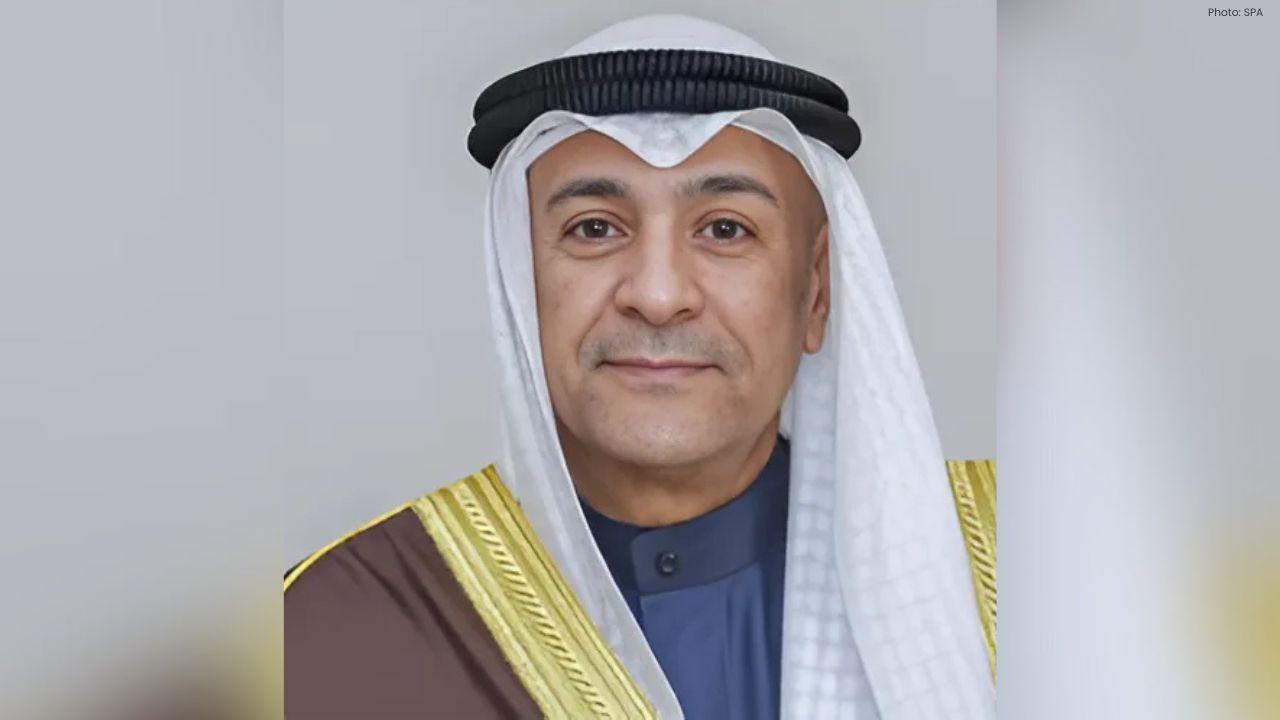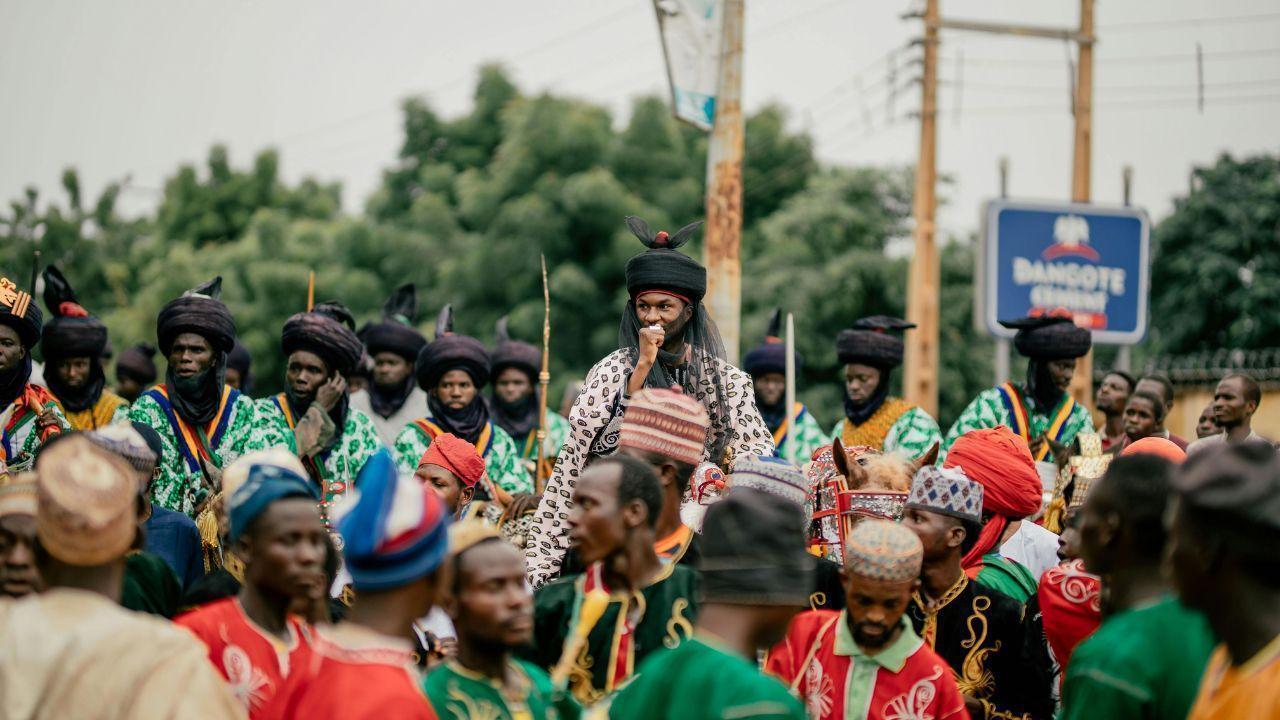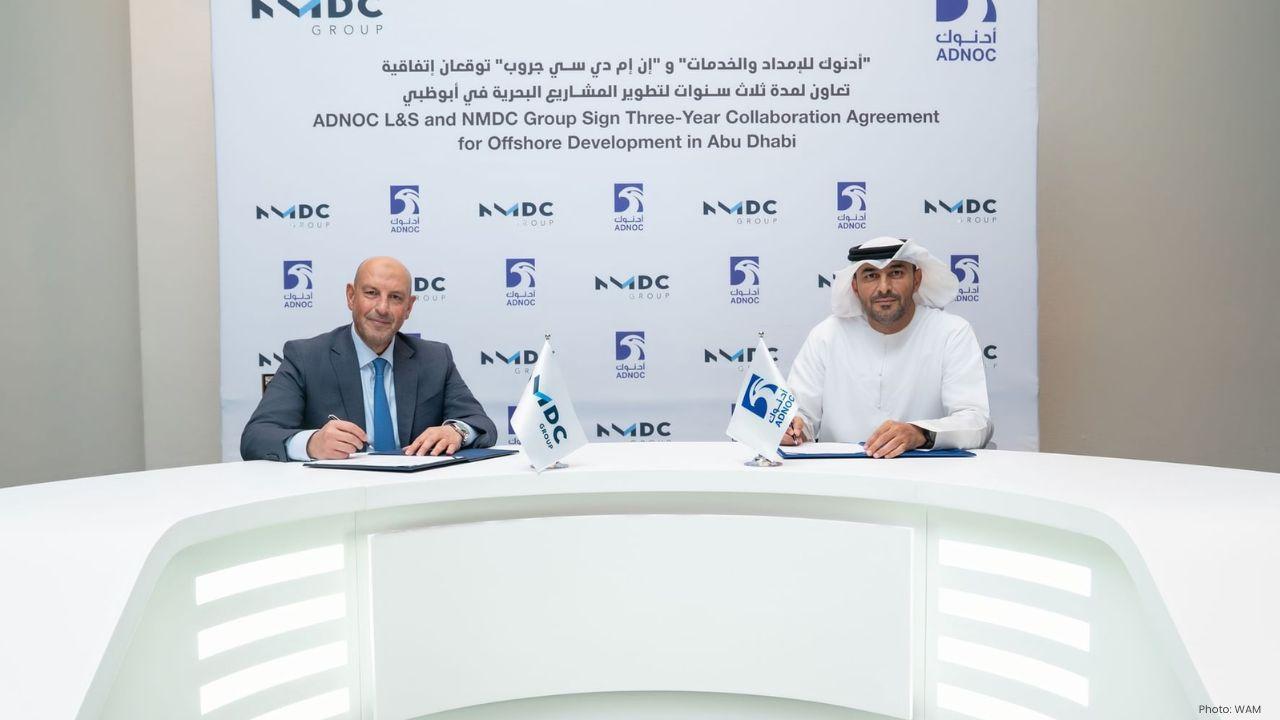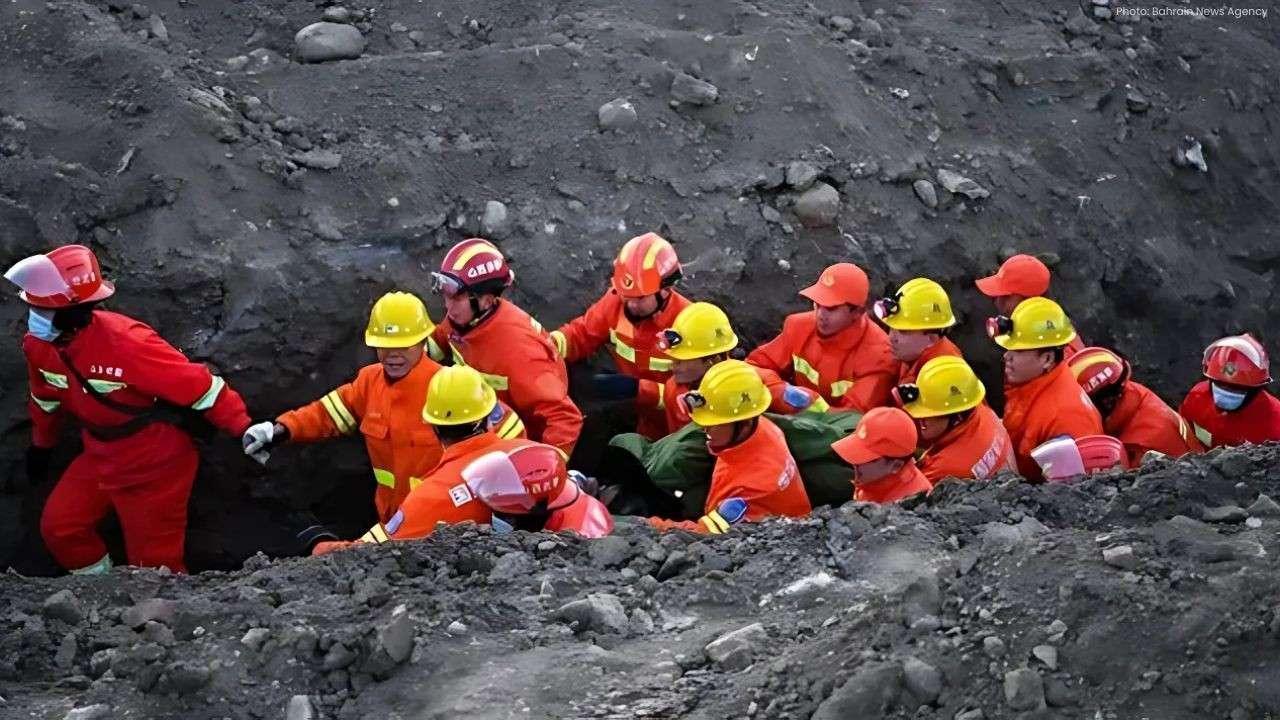
Post by : Mumtaaz Qadiri
The Secretary-General of the Gulf Cooperation Council (GCC), Jasem Albudaiwi, has confirmed that all GCC member states have passed laws to fight money laundering. He emphasized that the GCC is now working on a comprehensive Gulf strategy to confront this global financial crime.
Albudaiwi highlighted that this strategy will provide new foundations for cooperation between member states and strengthen coordination with international partners. The effort aims to ensure that GCC countries can efficiently combat money laundering and its wide-ranging impacts on the economy and society.
Workshop Marks Start of New Gulf Strategy
Albudaiwi’s remarks came during the opening of a workshop held in Kuwait City. The event, organized by Kuwait’s Ministry of Interior and in cooperation with the United Nations Office on Drugs and Crime (UNODC) Regional Office, brought together specialists from the ministries of interior and relevant authorities across GCC countries.
The workshop focuses on preparing the GCC Strategy for Combating Money Laundering. It provides a platform for experts to discuss best practices, legislative measures, and operational coordination necessary to address money laundering effectively.
Need for an Integrated Gulf Security Strategy
The Secretary-General stressed the importance of an integrated Gulf security strategy. This strategy will not only fight money laundering but also protect financial systems, strengthen law enforcement, and safeguard regional stability. Albudaiwi noted that the GCC’s 2024 vision for regional security emphasized the development of laws to combat terrorism financing and financial crimes.
He said the new strategy would be practical, deterrent, and effective, ensuring that member states can respond to emerging threats collectively. By combining resources and expertise, the GCC aims to make money laundering a high-risk activity for criminals.
Five Pillars of the GCC Strategy
Albudaiwi outlined that the strategy would be built around five main pillars, each addressing a key area of financial crime prevention and enforcement:
1. Strengthening Legislation and Policies
The first pillar focuses on developing strong security laws and policies. Ministries of interior will work with financial and regulatory authorities to close legal gaps that criminals might exploit. Improved legislation will help prevent illegal activities and ensure consistent enforcement across all GCC countries.
2. Joint Security Operations
The second pillar emphasizes coordinated actions. GCC countries will create joint task forces and conduct cooperative investigations and operations. This pillar ensures that member states work together to track criminals, respond quickly to incidents, and prevent cross-border money laundering.
3. Technology and Security Analysis
The third pillar involves the use of advanced technology. Investments in artificial intelligence (AI) and financial data analysis will help detect suspicious activity more efficiently. A secure electronic network will allow GCC countries to share information on financial crimes safely and quickly between ministries of interior and other relevant authorities.
4. Tracing and Confiscation of Illegal Funds
The fourth pillar focuses on tracking and confiscating funds from illegal activities, including drugs, corruption, terrorism, and human trafficking. The GCC will implement joint operations to seize, freeze, or recover illicit assets. Strengthening international cooperation will be a key part of ensuring that criminals cannot move money across borders without detection.
5. Security Training and Awareness
The fifth pillar is about training and awareness. The strategy will create specialized programs for officers in the ministries of interior. It will include unified operational manuals and campaigns to educate sectors vulnerable to money laundering risks. This ensures that all parties involved are well-prepared to identify and respond to threats.
Importance of Collective Gulf Action
Albudaiwi concluded by stressing the significance of this workshop and the new strategy. He said that money laundering is one of the most dangerous cross-border crimes, affecting not only financial security but also the stability of societies and the reputation of commercial systems.
He emphasized that joint Gulf action, guided by the five pillars, will strengthen regional coordination, improve prevention methods, and make GCC countries more resilient against financial crime.
Boosting Coordination With International Partners
One of the key goals of the strategy is to strengthen cooperation with international partners. By sharing information and aligning with global best practices, the GCC aims to make its efforts more effective. This includes working with organizations like the UNODC and other global financial crime authorities.
Albudaiwi pointed out that coordinated regional action, combined with international cooperation, is essential to addressing complex crimes like money laundering that often span multiple countries.
Protecting Economic and Financial Security
Money laundering has serious implications for economic stability. Illegally obtained funds can undermine legitimate financial systems, damage investor confidence, and harm the reputation of countries in global markets.
The GCC strategy is designed to close loopholes, improve legislation, and implement operational measures that ensure criminals cannot exploit weaknesses. By taking proactive steps, the GCC aims to protect the financial interests of member states and maintain trust in regional economic systems.
Preparing for Future Challenges
The financial crime landscape is constantly changing, with criminals using new methods to launder money and finance illegal activities. The GCC strategy will include mechanisms to adapt to evolving threats.
By combining technology, legislative improvements, and human expertise, GCC countries aim to stay ahead of these challenges. The strategy’s flexible and integrated design will allow authorities to respond quickly to emerging risks and maintain regional security.
Ensuring Public Awareness
Alongside enforcement, the GCC strategy will also focus on public awareness. Campaigns will educate businesses and the public about the risks of money laundering and the importance of compliance.
Awareness programs will target sectors most vulnerable to financial crime, helping ensure that employees, managers, and citizens understand how to identify suspicious activities and report them to authorities.
The launch of the GCC Strategy for Combating Money Laundering marks a critical milestone in regional security. By integrating legislation, technology, operational coordination, asset tracking, and training, the GCC is preparing a strong and comprehensive approach to financial crime prevention.
Jasem Albudaiwi concluded that this strategy will reinforce the GCC’s commitment to protecting economic systems, promoting collective security, and enhancing cooperation with international partners, creating a safer financial environment for all member states.
GCC money laundering, Gulf security strategy, Financial crime prevention










NMDC Group And ADNOC L&S Sign Three-Year Deal For Offshore Work
NMDC Group and ADNOC Logistics & Services sign a three-year deal to deliver maritime services for of

Six Miners Trapped After Earthquake Hits Coal Mine In China
A mining-related earthquake struck a coal mine in Heilongjiang, China, trapping six miners undergrou

Train Collides With Bus In Mexico Killing 10 And Injuring Many
At least 10 dead and 41 injured after a train hit a bus at a rail crossing in Mexico. Authorities co

UAE Olympic Football Team Qualifies For AFC U-23 Asian Cup Finals
UAE Olympic football team qualifies for AFC U-23 Asian Cup finals in Saudi Arabia despite 3-2 loss t

Apple Launches iPhone Air With Thinnest Design & Pro Performance
Apple unveils the new iPhone Air, its thinnest model with pro performance, multiple colors, large st

Al Wakrah Wins French Arabian Breeders’ Challenge Sprint Again
Al Wakrah, trained by Jean de Mieulle, wins French Arabian Breeders’ Challenge Sprint in France, mar